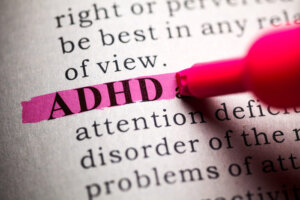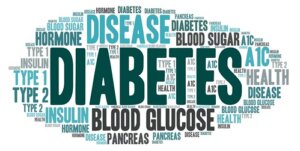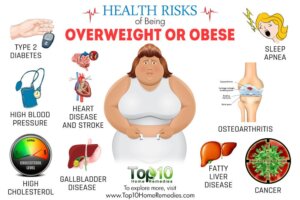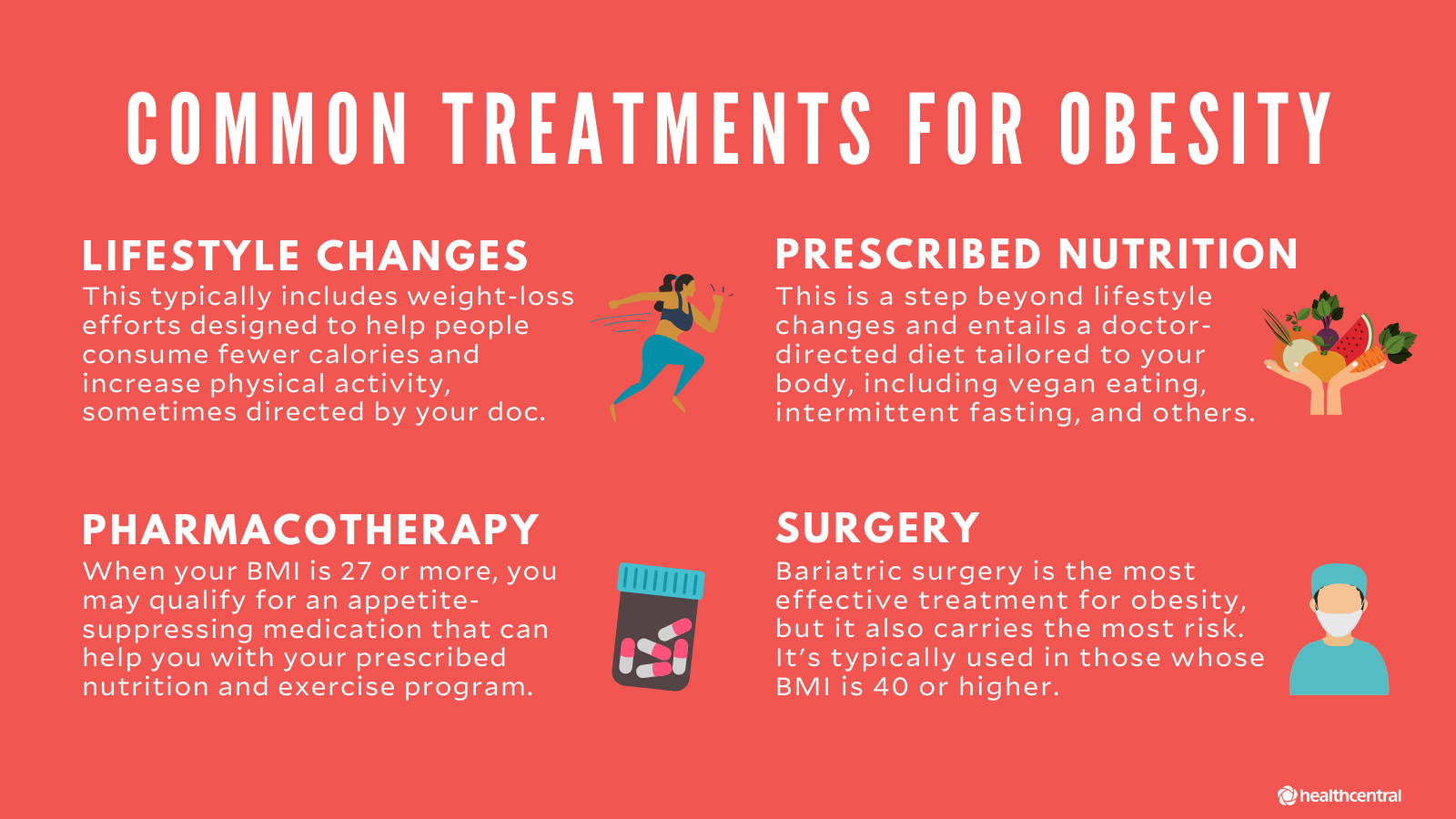People with Substance Use Disorder are NOT ‘Bad People’
When living with substance use disorder, individuals face many obstacles within society.
Challenges include barriers to treatment, social isolation and poor mental health.
Majority of people in society understand that use of illicit drugs is illegal. This statement leads to substance users being commonly labeled as “criminals“, “addicts” or “abusers“.
These negative stereotypes are far from the truth and here’s why:
- Many people who are drug dependent that commit crimes have been addicted to drugs before they started criminal activity.
- Finances and unemployment are other reasons why people commit crimes rather than drug use.
- Approximately 75% of the Nation’s population that are addicted to opioids, first started taking them to manage pain.
- There are roughly 22 million U.S. people in recovery for substance use disorder. This means that anyone, even your neighbor could have substance use disorder.
- Many highly educated and famous people have lived with substance use disorder.
- Examples include:
- George W. Bush
- Elton John
- Van Gogh
- Thomas Edison
- Examples include:
Robert Ashford’s Story
Robert Ashford is a doctoral student in health policy and a graduate research assistant at the ‘Substance Use Disorders Institute’.
Anyone who meets Robert for the first time would most likely not expect that Robert has been in recovery for substance use disorder since 2013.
During the time that Robert had substance use disorder, he faced discrimination, housing barriers and struggled to pay for his education. These factors often get in the way of individual’s seeking treatment and recovery.
Robert Ashford’s story proves the countless substance use disorder stereotypes to be false.
Recovery is possible for everyone.
Greenbaum (2019).
Here’s some more facts about people with Substance Use Disorder:
- Opioid use disorder is more common in adults 60+. This could be explained by the increased need for chronic pain management in older adults.
- Common pain medications prescribed to patients that lead to substance use disorder are:
- Heroin
- Morphine
- Hydrocodone or Oxycodone
- Tramadol
- People at higher risk for substance use disorder are:
- Cigarette smokers
- Family history of substance use disorder
- Started taking substances at a young age
This short clip describes stigma and the ways that it can negatively impact people with substance use disorder.
After viewing this clip, we now understand that stigma is a common negative belief that society has regarding a certain population. Stigma causes society to shame and mistreat people.
Typically, people with substance use disorder need treatment & therapy in order to achieve recovery. Feelings of guilt that go hand in hand with substance use stigma make it more challenging for people to seek help when they need it most.
Bottom line is that substance use disorder can happen to anyone regardless of their demographics and characteristics.
References
Addictions UK. (2020, October 28). Addicts are not criminals. AddictionsUK. 2023, https://addictionsuk.com/blogs/addicts-are-not-criminals/
Greenbaum, Z. (2019). The stigma that undermines care. American Psychological Association. 2023. https://www.apa.org/monitor/2019/06/cover-opioids-stigma
Not your stereotypical addict. (2023). Harvard Women’s Health Watch, 30(11), Cover-7.














